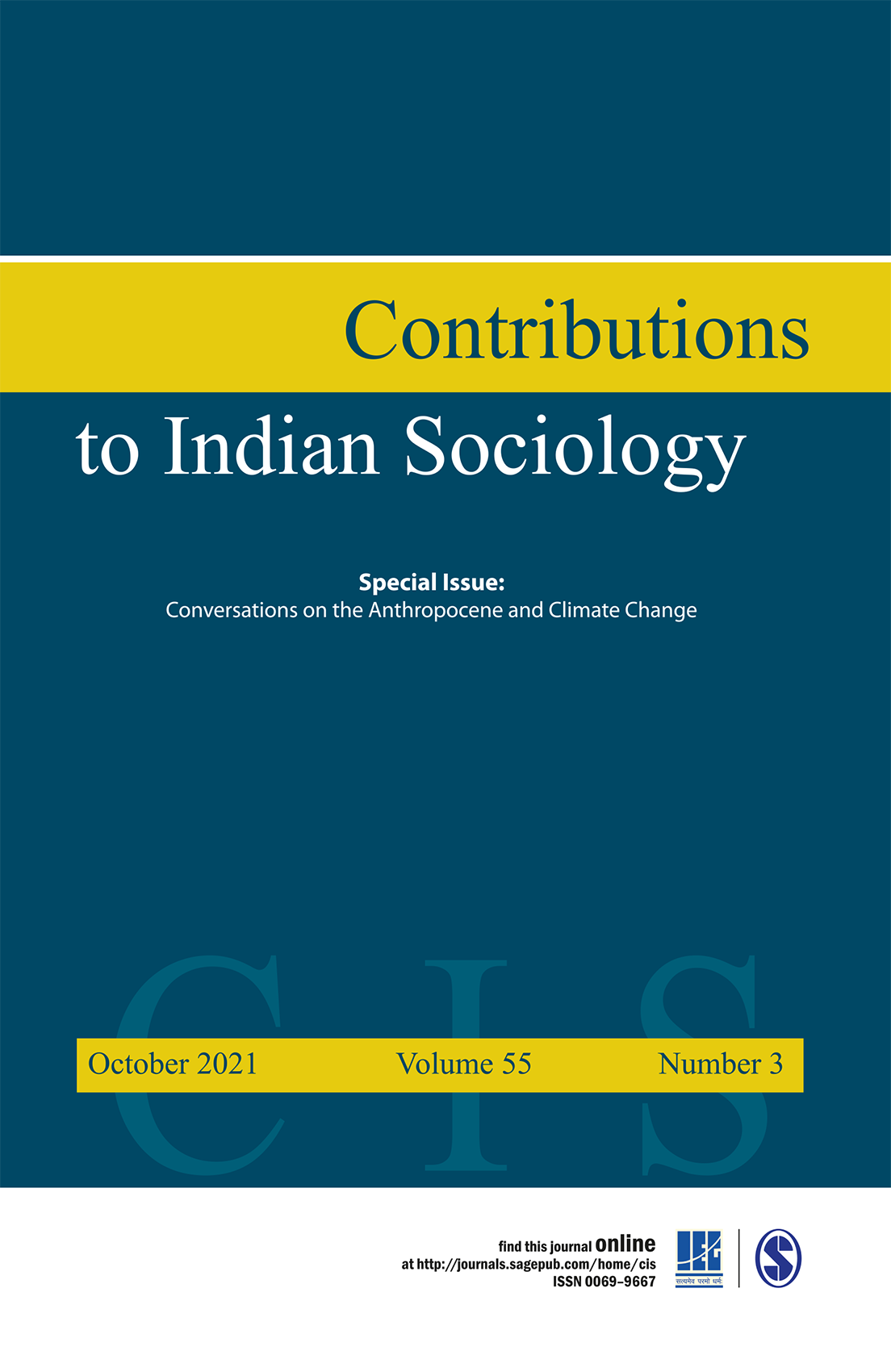
The Unification Movement in Karnataka: Twin Logics of Cultural and Economic Consolidation
Working Paper No- 398
The significant work on regional identities that emerged around the new standard vernacular forms in the 19th century has shown how these had offered possibilities of subsuming sectarian and hierarchical markers of belonging such as caste, religion. As imperatives towards territorial reorganization gained momentum in the years after the Bengal Partition and its revocation in 1912, these radical possibilities around the new form of the regional languages were rapidly transformed as possibilities of territorial reorganization, now imagined around the hitherto unprecedented notion of linguistic boundaries. Thus even as possibilities of linguistic mobilisation were bolstered through the enunciation of core democratic values positing that governance must be in a language intelligible to the majority, the mapping of territorial reorganization around linguistic boundaries and the ensuing production of linguistic regions set in motion a twinning of cultural and economic energies logics and processes unprecedented ways. This paper is an effort to explore the twinning of the logic of cultural and economic consolidation in the unification of a Karnataka as a linguistic, cultural, territorial entity that was both politically and economically viable. In examining the twin logics of cultural and economic consolidation, we note how while the embracing of developmental agendas was prefaced by full, formal political acquiescence to the logic of linguistic territorialisation, actual linguistic reorganization of states occurred in 1960, a whole decade after economic planning became the centre-piece of the national mission.
Contributions in Indian Sociology
May, 2022
Find on this page
Contact Us
Institute of Economic Growth, University Enclave, University of Delhi (North Campus),
Delhi 110 007, India
contact-us@iegindia.org
+91-11-27666364/6367, 27667101/7288/7365/7424
+91-11-27667410



